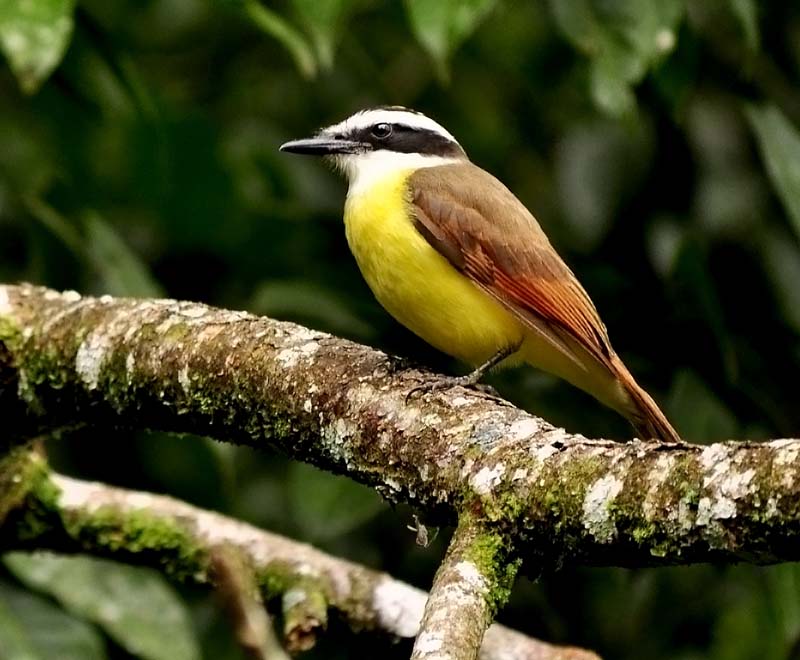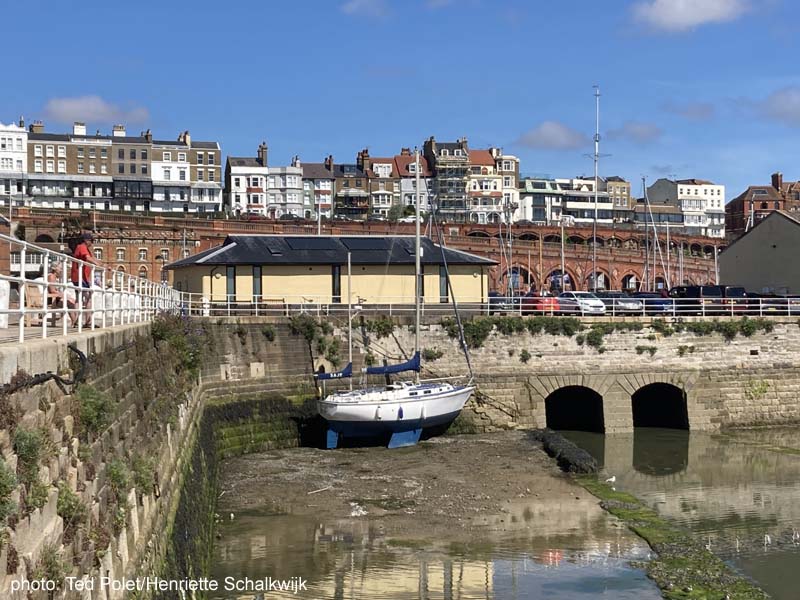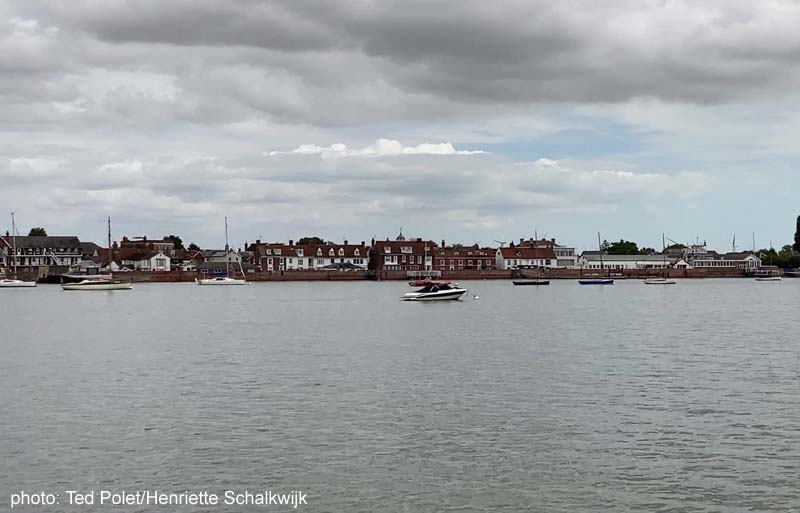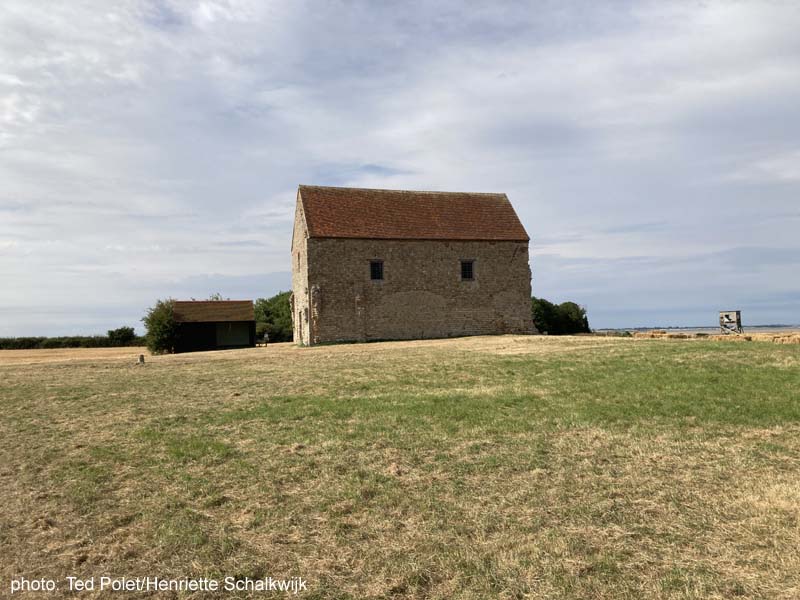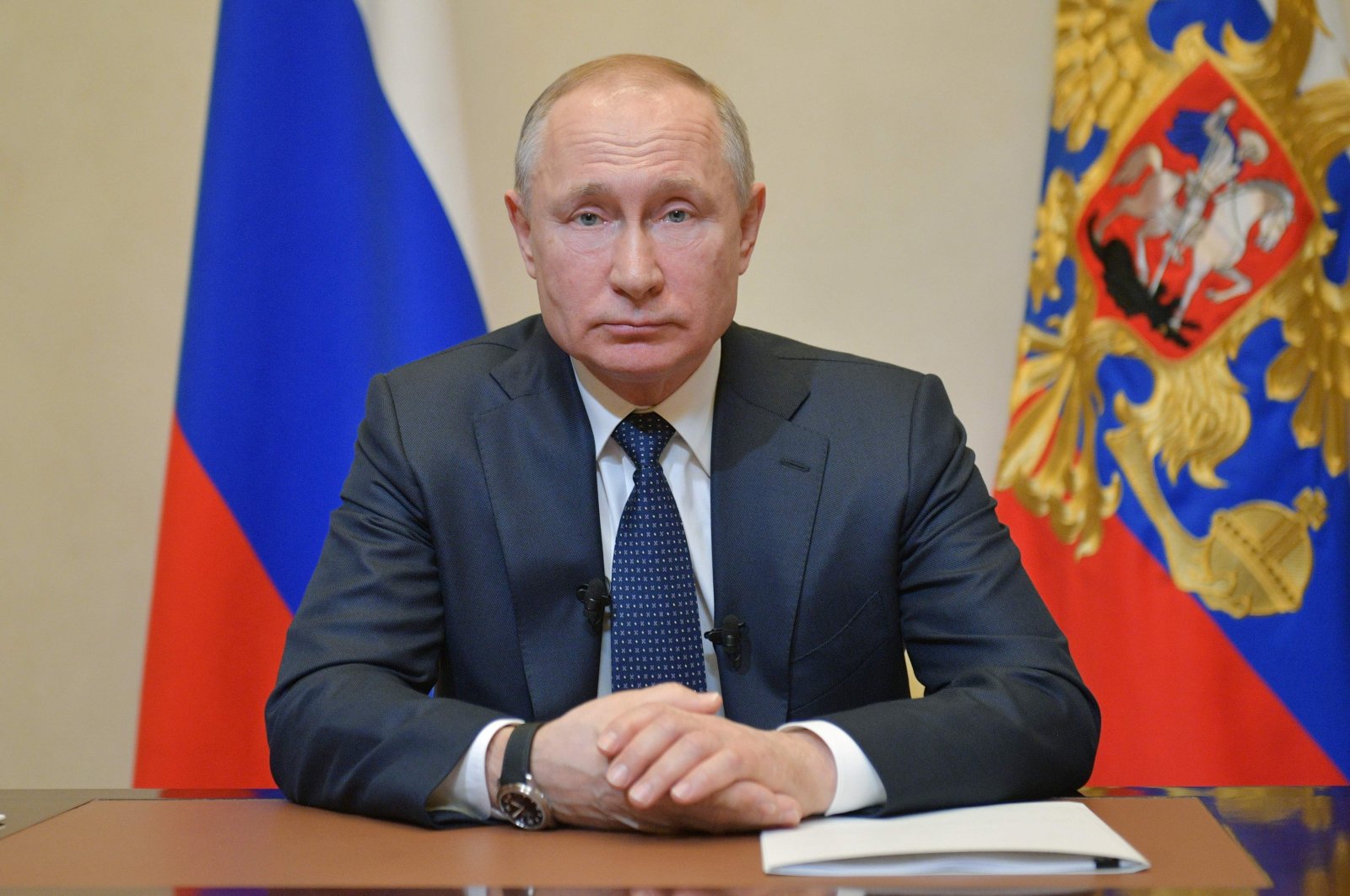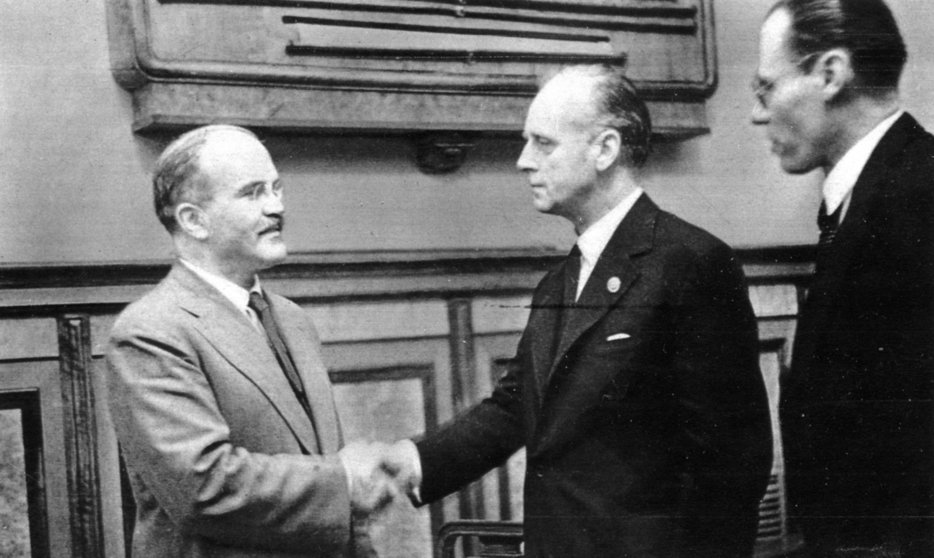They finally managed to utter the A-word: the State of the Netherlands will soon apologise for the slavery enacted in this country’s history. Wild horses couldn’t drag them to admitting the role of the Dutch in the slave trade and slavery in the Caribbean plantation economy. Perhaps a sigh of relief could be uttered, but the Cabinet should have made a more generous and timely statement about a sensitive matter that has been on the agenda for a decade or more.
Why should they apologise? Can anyone today be held responsible for what has been enacted in the past? The answer is simple and twofold. Firstly, the responsibility for slavery constitutes a political debt of honour that has never been acknowledged. Secondly, the slavery of the past still casts its shadow upon present-day society, in Surinam and elsewhere in the Caribbean region, but also in the Netherlands.
 |
| slavery monument, Amsterdam |
The State of the Netherlands is the heir of the Staten-General of the Dutch Republic, which during the 17th and 18th Century gave a ‘patent’ to investment companies such as the Dutch West India Company (WIC), the Society of Suriname (SVS) and the Middelburg Commercial Company (MCC). This patent allowed them to trade and exploit enslaved people.
In the course of their existence of around 170 years, these companies bought over half a million African people from local chieftains in Africa and in horrible conditions transported them to Curaçao and Surinam, where they were sold and for about 8 years (on average) were literally worked to death. The colonies weren’t subject to Dutch law, which forbade slavery, but to Company regulations, which did not have the slaves’ wellbeing in mind.
 |
| Restored plantation house, Mariënbosch |
After the Kingdom of the Netherlands was created in 1815, this despicable machinery persisted for nigh on 60 years under pressure from the planters and investment bankers, in spite of the international abolition movement having risen in the early 1800s. In 1863, slavery was abolished, but only in name, because the powerful planters’ lobby demanded a clause in the abolition law that forced the freed slaves to continue working for their masters for another 10 years, supervised by - you may have guessed - the State of the Netherlands. The same which now, 150 years later, had to be dragged reluctantly towards a formal apology.
These people weren’t really free until 1873, and even then they were at an impossible disadvantage. The effects are visible even today: their descendants have a more than average chance of poverty and social disadvantage, not speaking of dormant or open racism.
 |
| Mariënbosch plantation 19th Century, slave quarters at right |
Even after 1873 there wasn’t an end to human trafficking and exploitation, because shortly afterwards the first shiploads of indentured labourers and their families arrived, having been lured from British India and the Dutch East Indies with hollow promises, then being put to work on the plantations under almost unbearable conditions. If their circumstances provoked protest and violence, the colonial authorities clamped down without mercy, as they had done with previous slave rebellions.
A notorious example is the rising amongst Hindustan contract labourers at Mariënburg on the Commewijne river in 1902. They had murdered the tyrannical director of the local sugar plant after a conflict over halved wages and indecent treatment of their womenfolk. Not very nice, I agree, but the Colonial authorities sent in the army, which shot and killed 16 people and grievously injured about a dozen more, who perished later. The dead were savagely defaced and exhibited in public ‘pour encourager les autres’, then buried in quicklime. The grave was never discovered. In 2006 a monument was erected to them. I recently visited it and stood dumbly watching it with the hot tropical sun burning my head.
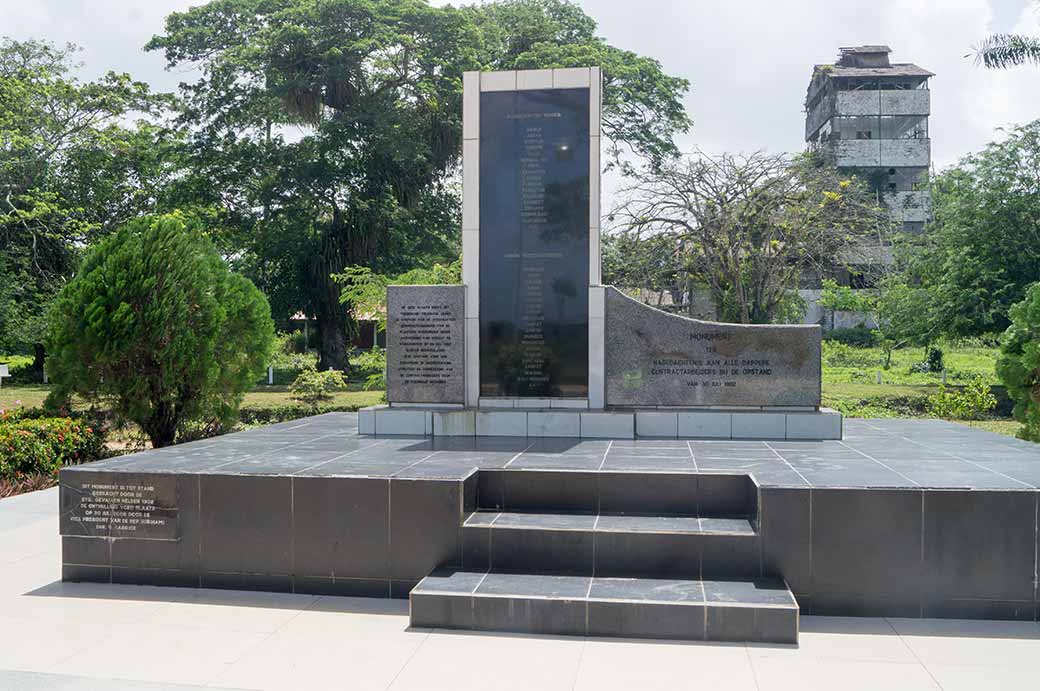 |
| Monument for 1902 insurrection, Mariënbur |
source: https://www.ozoutback.com.au/Suriname/commewijne/slides/20160121019.html
Anyone wishing to learn more about slavery in Surinam should read the 1934 book written by that eminent author Anton de Kom: We Slaves of Surinam. If even one of the slavery deniers on the extreme right in Dutch politics would read it and managed to have the guts to acknowledge what has been perpetrated, it might make a difference.
Perhaps someone will remember that as late as 2020 our Prime Minister Mark Rutte spoke of making apologies for our slavery history in terms of ‘a complicated issue.’ In other words, he didn’t want to burn his fingers at it and antagonise his political supporters in the VVD party (translates as the People’s Party for Freedom and Democracy). How stubborn the opposition is, became obvious at the furious response from that party, one MP describing the proposed ‘awareness fund’ of EUR200m as complete madness. Not mentioning the unprintable replies of a few more extreme right wing groups.
 |
| Anton de Kom, author and Resistance fighter, 1898-1945 |
What is the usual response in this country to a controversial issue? They instate a committee to research the problem and vacillate as long as politically opportune. Yes, I can imagine an ‘awareness fund’ of 200 million not being the most useful compensation. It might be better to address the present-day damage due to past slavery. But I don’t hear a thing about that.
At the moment media and politicians in the Netherlands are yelling with indignation at the exploitation of contract labourers building football stadiums in Qatar. But who are we calling names? For centuries we did the same in the Caribbean, although that is long enough in the past to cover up.
And now I’m at it, how about present-day exploitation of thousands of Eastern European labourers and the hovels they are housed in by their Dutch employers? Or how about the way our authorities handle asylum seekers, who are kept in tents and filthy housing not fit for human habitation? Attempts to improve on these outrages are constantly blocked by that same coalition party (VVD) which carries the word FREEDOM in its name. Freedom for some.
Nothing. Has. Changed.
